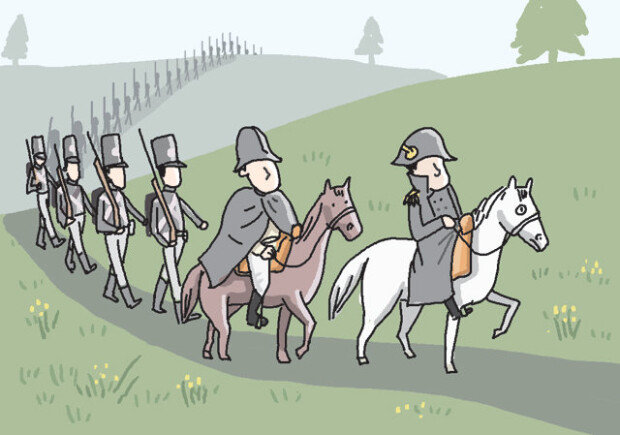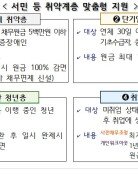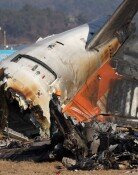The nemesis of a leader
The nemesis of a leader
Posted December. 08, 2020 07:44,
Updated December. 08, 2020 07:44

On June 24, 1812, there was what one described as an unprecedented march of an army. It was Napoleon and his army marching towards Russia. The army numbered at least 300,000 soldiers conscripted across Europe that was under the control of Napoleon.
His army, however, collapsed on Russian soil with more than 200,000 deaths. Napoleon burned all the flags of the army upon his arrival in Vilnius, Lithuania and left for Paris with a handful of guards ostensibly to prevent a potential coup in the capital. The temperature soon fell dramatically, leaving the remaining soldiers freezing to death. It was three years before the French emperor lost his power, but historians cite the failed attempt at invading Russia as a deciding factor that brought the collapse of his empire.
“Be careful. The land of Russia will swallow your army.” Russian people used to say the expansiveness of Russia was the best weapon they had. Combine it with hot and cold weather and patriotic Russian people who came together to protect their country with determination.
Napoleon must have known this. Then why did he take the risk? The empire he built was not stable, and he attributed the lack of the loyalty of the colonies to Britain and Russia. He determined that, with the two countries causing conflicts, his empire would continue to face the prospect of a revolt.
It was probably the right judgment, but he should not have opted for a war because it was impossible to conquer Russia with his army. He was aware of it but kept making mistakes because of the fear.
The solution he came up with was ineffective, but the great dictator became obsessed with it. Power isolates those in power and destroys them exactly the same way it gave them power. The nemesis of a leader is their own power.






